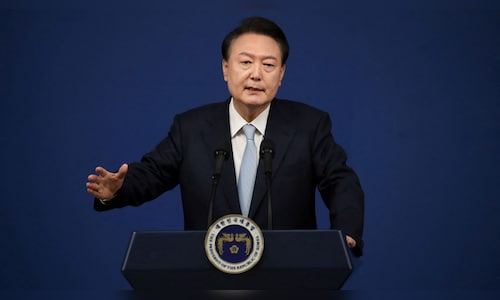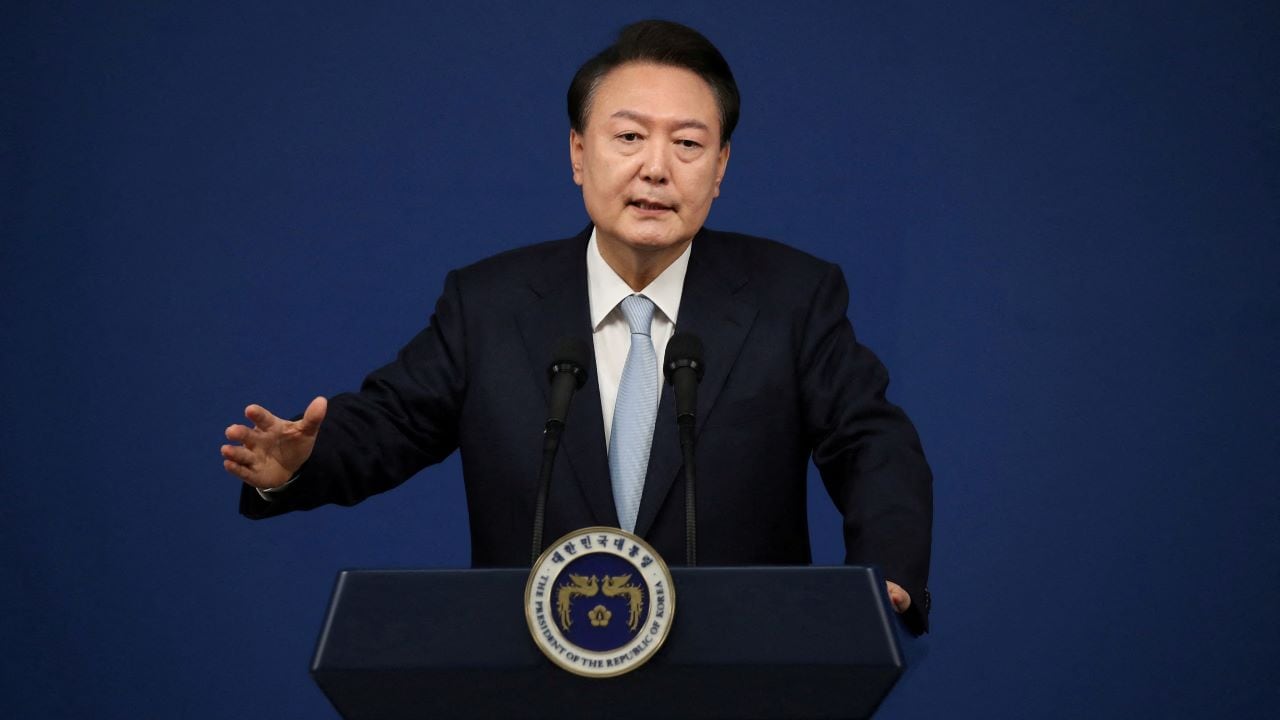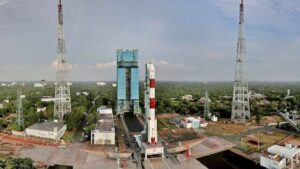

Here are the top developments so far from the country amid a roller-coaster day of events:
How did it start?
On Tuesday night, Yoon declared martial law, accusing opposition parties of holding the parliamentary process hostage and vowing to eradicate what he called “shameless pro-North Korean anti-state forces.” “I declare martial law to protect the free Republic of Korea… and to safeguard the constitutional order,” Yoon said, while accusing opposition lawmakers of paralysing government functions.
What is the South Korean Parliament’s response?
With 190 of 300 members present, lawmakers passed a motion demanding the martial law be rescinded. Lee Jae-myung, leader of the opposition Democratic Party, called the move a pathway to authoritarianism. “Tanks and soldiers will rule the country,” he said in an online address, urging citizens to mobilise. Former President Moon Jae-in posted on X (formerly Twitter), calling the situation as a “crisis” for democracy and urging citizens and parliament to act to protect democratic institutions.
The big picture
The imposition of martial law marks the first such declaration in the only democratic country in the Korean peninsula since 1980. Yoon has faced mounting criticism over accusations of authoritarian tendencies amid a standoff with the opposition Democratic Party, which controls a majority in parliament. The conflict escalated after opposition lawmakers moved to impeach prosecutors and rejected a government budget proposal.
The declaration includes military control over political activities, media, and publishing, according to Yonhap news. Opposition leaders accused the administration of attempting to silence dissent.
What will be the economic fallout?
It could be massive. For starters, the Korean won plummeted against the US dollar, prompting Finance Minister Choi Sang-mok to convene an emergency meeting. The central bank said it is ready to stabilise markets if needed.
What has been the US reaction?
A White House spokesperson confirmed that the US is monitoring the situation closely. With 28,500 US troops stationed in South Korea, the move raises concerns about regional stability.
What’s next?
It remains unclear whether Yoon will heed the parliamentary motion. Opposition leaders have called for mass demonstrations, while civic groups warn of irreparable economic damage if martial law persists. There have been reports of clashes between police and protesters outside the main parliament, with military personnel seen advancing on the entrance.



